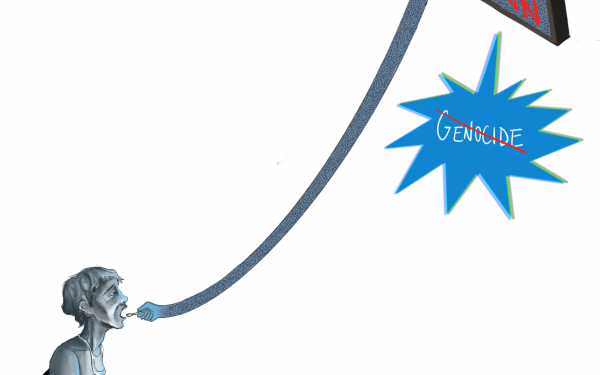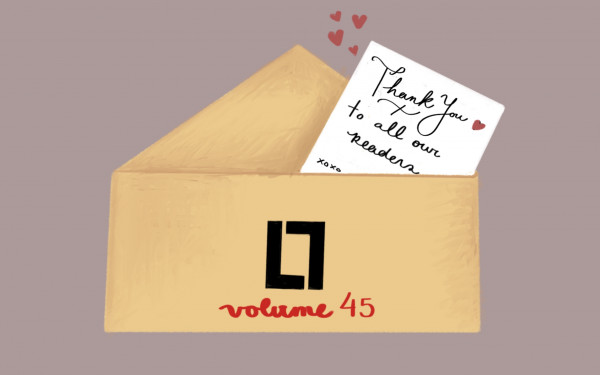Editorial: Journalism is a human right, not a privilege
Journalists play a crucial role in covering significant events, but their safety can be frequently compromised.
In active war zones, zones of conflict and during protests, they may face extreme, unjust and sometimes life-threatening treatment.
On Sept. 22, Israeli occupation forces conducted a raid on the Al Jazeera Media Network’s office in the West Bank, demanding its immediate closure for 45 days.
The confiscation of cameras, deployment of tear gas, and threats made with firearms—all under the pretext of accusing the news organization of promoting terrorism—exemplify yet another severe overreach of power from the Israeli government.
The International Federation of Journalists (IFJ) recorded that out of the 129 journalists killed in 2023, 83 were murdered in Palestine’s Occupied Territories. This makes 2023 the deadliest year for journalists since the IFJ began recording such statistics in 1990.
These staggering numbers underscore a severe need for accountability, protection and enforcement of safety regulations for all media workers everywhere.
The Link strongly denounces the atrocious treatment of journalists in the Occupied Territories and calls for immediate and decisive action to guarantee the safety of reporters in active war zones. Journalists are essential, particularly in reporting the ongoing genocide in Palestine and play a critical role in spreading awareness about these atrocities.
In 2012, the United Nations established a plan of action on the safety of journalists and the issue of impunity, recognizing press freedom and media pluralism as fundamental human rights. Yet, situations of journalistic suppression persist not only in genocide and war zones but also within our own city.
During a pro-Palestine protest in downtown Montreal in April 2024, journalist Savanna Craig from Community University Television (CUTV) was apprehended while reporting on the demonstration and later released by Montreal police. Charges have yet to be dropped.
Canada currently ranks 14th in the world on Reporters Without Borders’ (RSF) World Press Freedom Index, with its score continuing to decline year after year. Following Craig’s arrest, RSF executives warned of a troubling trend in Canada: journalists covering protests are increasingly ensnared in police arrests.
Even when not charged, this alarming practice erodes the credibility of journalism by undermining public confidence in reporters’ independence and poses a great threat to press freedom by creating a climate of fear that stifles critical reporting.
The Link unequivocally condemns these acts and all forms of press suppression, and asserts that access to accurate journalistic coverage is an essential human right that must be upheld.
It is crucial that more attention is brought to these indictable acts, as they silently undermine the very foundation of democratic societies.
This article originally appeared in Volume 45, Issue 3, published October 1, 2024.







